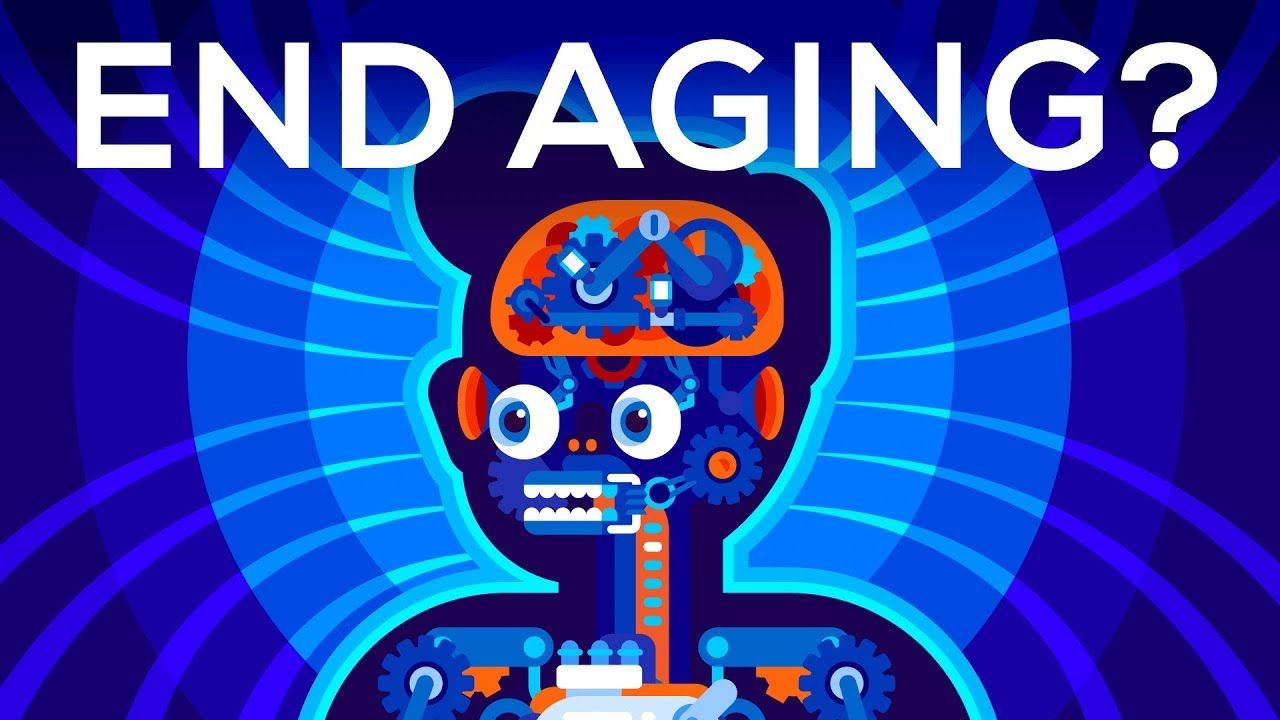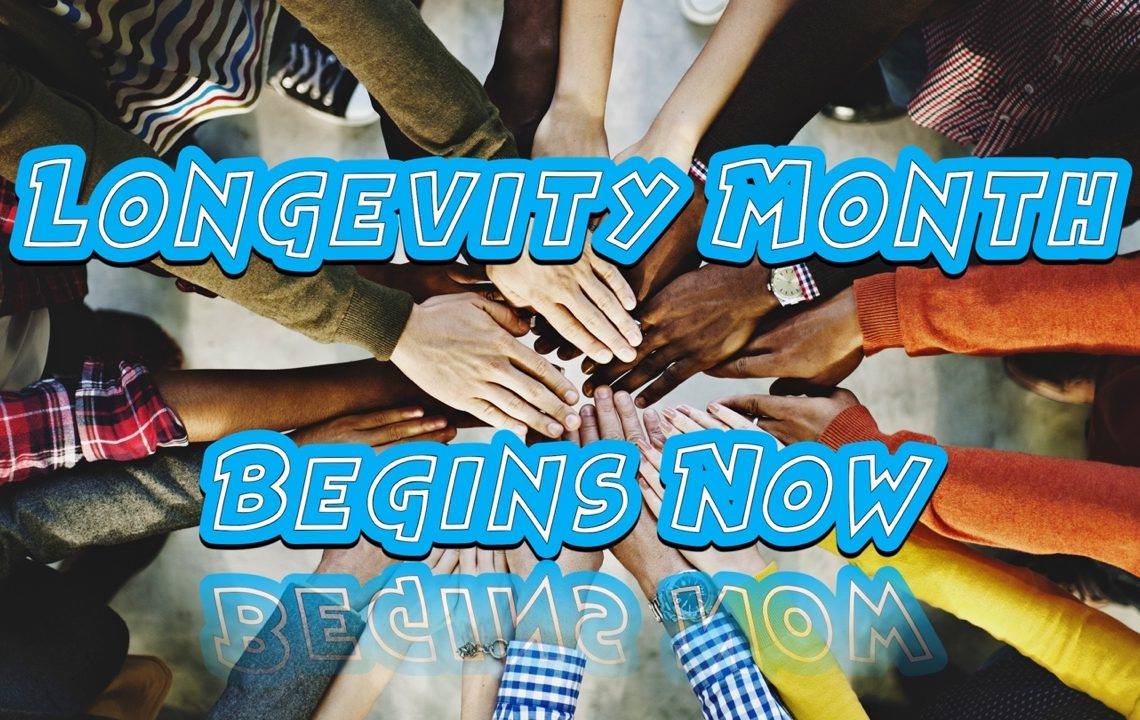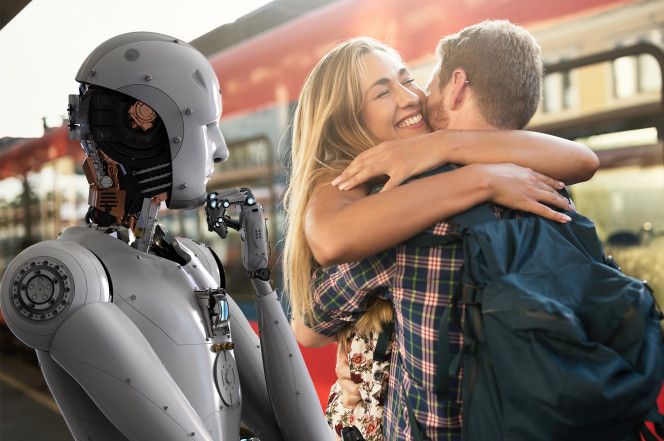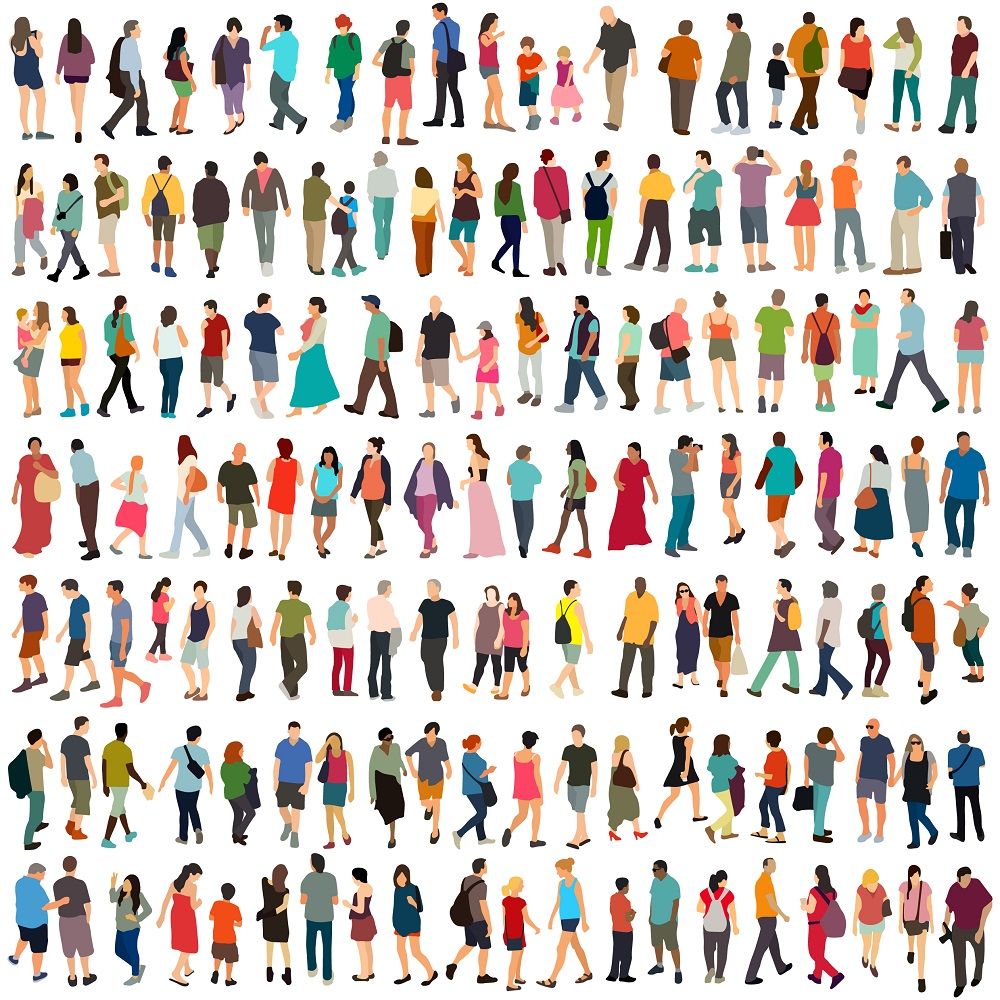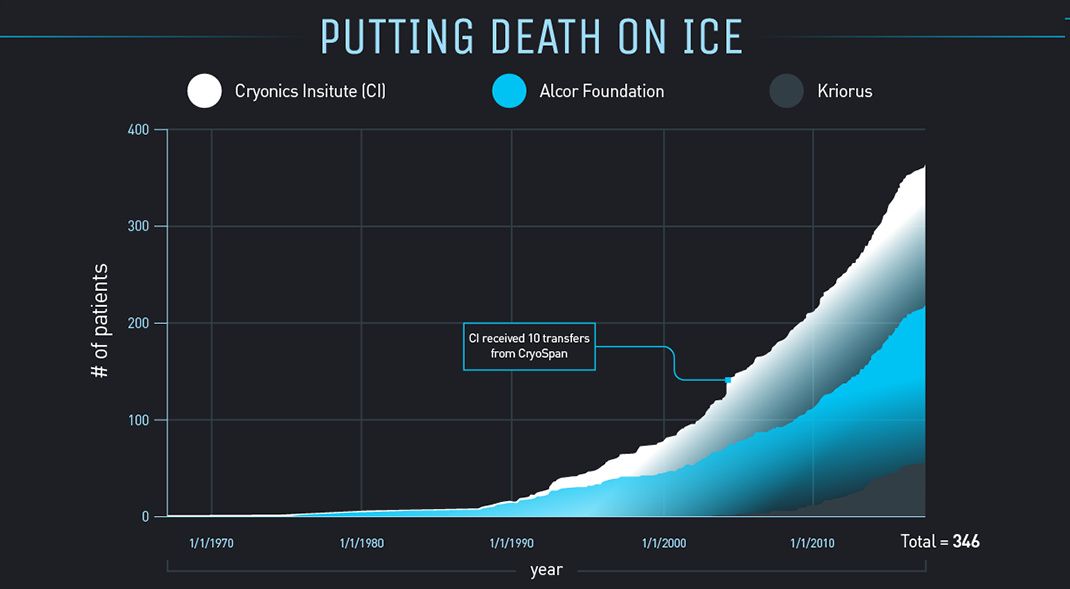Page 9815
Oct 24, 2017
Amazon, Google Lobbyists Warn Regulators to Keep Their Hands Off AI
Posted by Dan Kummer in categories: information science, robotics/AI
A lobbying group representing top artificial-intelligence companies including Amazon.com Inc., Facebook Inc. and Google issued a warning to lawmakers on Tuesday: hands off our algorithms.
Oct 24, 2017
GM will test fully autonomous cars ‘in quarters not years,’ CEO Mary Barra says
Posted by Dan Kummer in categories: robotics/AI, transportation
General Motors says its most recent test vehicle meets some of the requirements for total autonomy.
Oct 24, 2017
Scientists Discover How The Brain Controls Ageing – And Manage To Slow It Down
Posted by Montie Adkins in categories: life extension, neuroscience
Throw out all your clocks and your body still has a rough idea of the time of day. That’s because it has it’s own clock – the body clock. It tells the cells in your body what time of day it is and so controls a whole bunch of different processes that need to be carefully timed and coordinated in order for your body to work properly.
Keeping your cells in sync creates a certain rhythm to what they do all day and night – a circadian rhythm. And it isn’t just us that have it but plants and animals too.
Circadian rhythms roughly follow a 24-hour cycle, so we feel sleepy at night and awake in the morning. It also affects our eating habits, digestion, body temperature and alertness. How? By controlling hormone production.
Over the past few years, there has been a tradition of longevity researchers and activists around the world to organize events on or around October 1 — the UN International Day of Older Persons, or Longevity Day. In recent years this has been extended to include the entire month of November as a Longevity Month where activists organize various activities and events to raise awareness for aging research.
This year we have continued this tradition with the Longevity Month “I am the Lifespan” event, where people tell us their story and how they got interested in aging research and doing something about age-related diseases. and it has been a great success so far. Lots of people have sent in their stories and we have been publishing them on our Facebook page the last few weeks. We wanted to share some of these stories with you and a little about the people behind them.
Oct 24, 2017
Google’s AI is binge-watching human behavior on YouTube
Posted by Klaus Baldauf in category: robotics/AI
Robots are watching us. Literally.
Google has curated a set of YouTube clips to help machines learn how humans exist in the world. The AVAs, or “atomic visual actions,” are three-second clips of people doing everyday things like drinking water, taking a photo, playing an instrument, hugging, standing or cooking.
Each clip labels the person the AI should focus on, along with a description of their pose and whether they’re interacting with an object or another human.
Continue reading “Google’s AI is binge-watching human behavior on YouTube” »
Oct 24, 2017
The Societal Benefits of Rejuvenation Biotechnology
Posted by Steve Hill in categories: biotech/medical, life extension
Recently, we have explored the benefits that rejuvenation biotechnologies promise to bring to ourselves and the people close to us. I would imagine that most people have no difficulty acknowledging these benefits, but even so, many people tend to focus on potential large-scale downsides of rejuvenation while neglecting entirely its benefits on society at large.
The following is a brief discussion of how, in my opinion, anti-aging biotechnologies would positively impact the whole of humanity—assuming they were widely employed, as they should be.
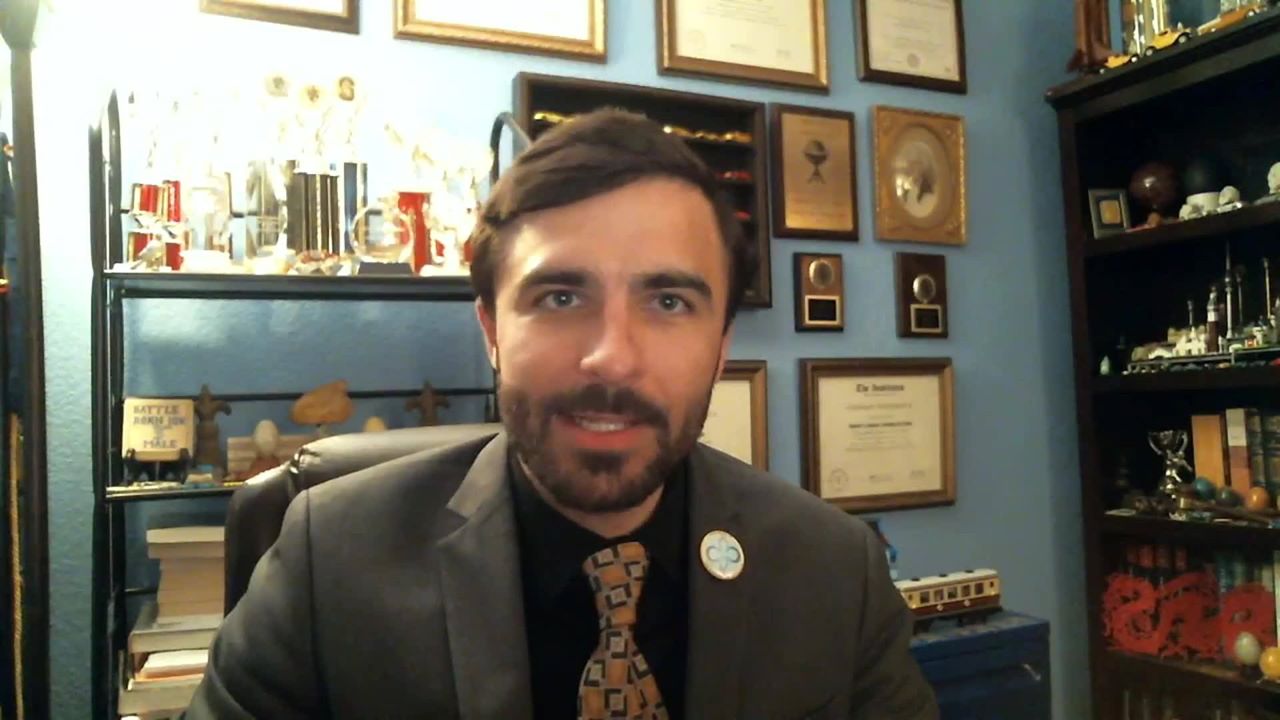
Gennady Stolyarov shares his #IAmTheLifespan story for Longevity Month. Share your story too!
https://www.leafscience.org/longevity-month-2017-tell-us-your-story/
Oct 24, 2017
Cryonics: Putting Death on Ice
Posted by Derick Lee in categories: cryonics, economics, ethics, life extension, neuroscience
Robert C. W. Ettinger’s seminal work, The Prospect Of Immortality, detailed many of the scientific, moral, and economic implications of cryogenically freezing humans for later reanimation. It was after that book was published in 1962 that the idea of freezing one’s body after death began to take hold.
One of the most pressing questions is, even if we’re able to revive a person who has been cryogenically preserved, will the person’s memories and personality remain intact? Ettinger posits that long-term memory is stored in the brain as a long-lasting structural modification. Basically, those memories will remain, even if the brain’s “power is turned off”.
This infographic delves into the mechanics and feasibility of cryonics – a process that thousands of people are betting will give them a second shot at life.



